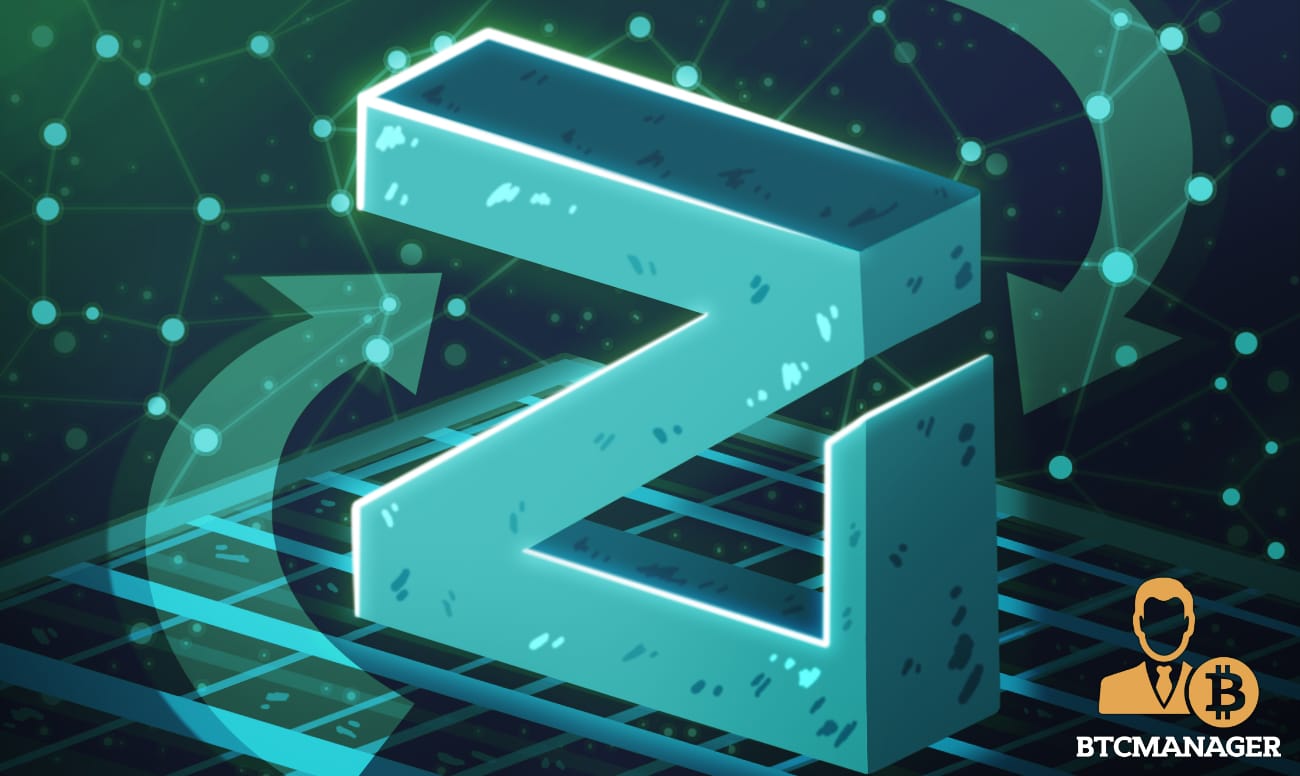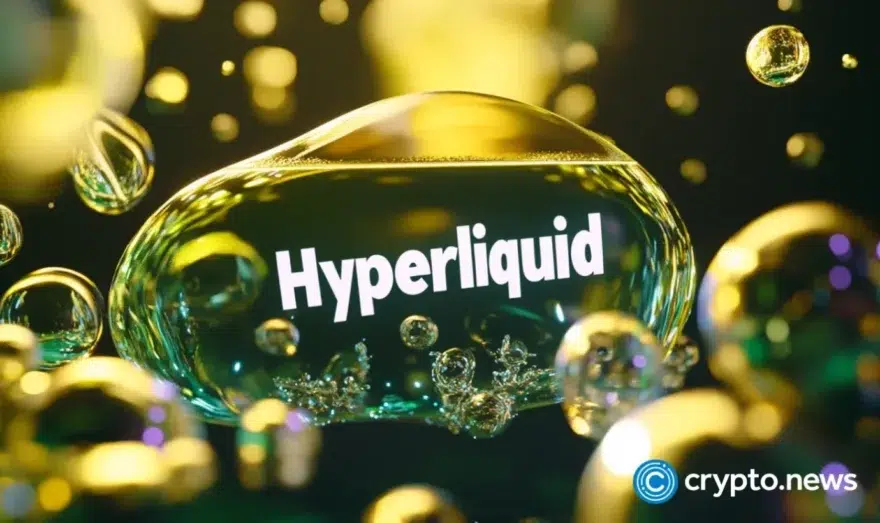Zilliqa (ZIL) Mainnet Integrates “Scilla-Powered” Smart Contracts

Since the launch of the Zilliqa mainnet in January 2019, the project’s prime focus was integrating smart contracts with the help of a native smart language contract called “Scilla.”
Smart contracts are now live on the Zilliqa mainnet bringing a wealth of new functionality and marking the start of smart contract competitiveness, June 9, 2019.
An Ethereum Competitor
Zilliqa has been compared to Ethereum, and rightly so, as they both focus on bringing similar value to end users through smart contracts and decentralized governance.
Smart contracts have become the most important part of distributed systems, witnessing adoption from institutions and retail users.
With Zilliqa, there are a few added features that give it a true competitive edge over Ethereum. For starters, while Ethereum is focusing on state sharding, sharding the entire state of the blockchain, Zilliqa has implemented transactional sharding which is easier to perform as it doesn’t shard the whole chain. The effects of sharding are easily observable from comparing Ethereum’s 15 transactions per second throughput to Zilliqa’s 2,488 transactions per second.
Another big plus is the use of their smart contracting language, Scilla, which has many differences compared to Solidity from a security perspective. Scilla is not Turing complete, meaning it cannot be used to code anything and has limited functionality, unlike Solidity. While it restricts use cases to smart contract deployment and management, it significantly reduces the probability of bugs, such as the one that caused the DAO hack.
Scilla comes with a suite of open libraries, making reliance on external libraries like OpenZeppelin unnecessary for those building on Zilliqa.
Scalable Smart Contract Adoption
One of the most significant talking points from Ethereum’s critics is their lack of scaling potential for the time being. Until ETH 2.0 and sharding are implemented as per the planned roadmap, not much can be done about scalability on Ethereum.
Zilliqa’s biggest strength comes from its scalability and ease of mining. Their ability to capture the demand that flows out of Ethereum due to an overburdened network can prove to be vital to their future growth prospects.
While many projects and companies will stick with Ethereum because of the brand value, it has those focused on finding a network that can absorb usage immediately may see Zilliqa as a viable option without compromising on decentralization.















